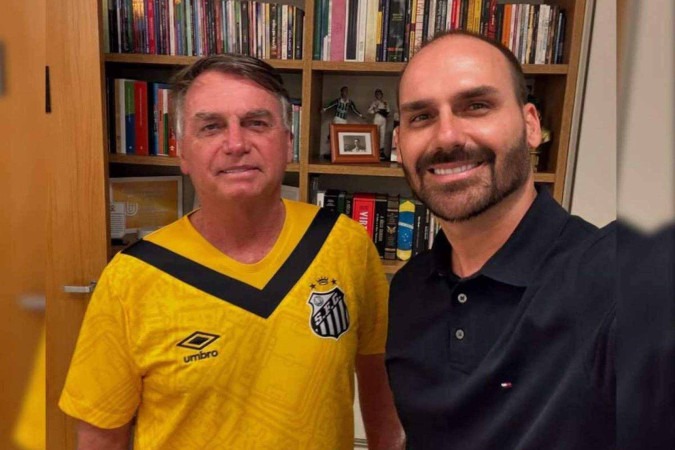DJ Brazil’s Oi to Offer Creditors Immediate Equity Stake in Restructuring, CEO Says
13/01/2017
 By Luciana Magalhães and Rogério Jelmayer
By Luciana Magalhães and Rogério Jelmayer
RIO DE JANEIRO — Brazilian telecommunications firm Oi SA will offer its creditors an immediate stake in the company as it seeks to renegotiate about $20 billion in debt, Chief Executive Officer Marco Schroeder said this week. Oi, which filed Latin America’s largest-ever corporate bankruptcy protection request last year, is in talks with four different groups of creditors and potential investors as it revises an earlier recovery plan for the company, Mr. Schroeder said in an interview. Oi’s latest proposal would apply to holders of some $10 billion in foreign debt.
Mr. Schroeder declined to comment on the likely size of the equity stake, which is still in negotiation. Oi plans to present the proposal to creditors by the end of March and put it to a vote in the second quarter.
“We’ll need to find a balance,” Mr. Schroeder said, noting that the plan will likely dilute current shareholders.
With roots in a round of privatizations in the late 1990s, Oi — whose name means “hi” in colloquial Portuguese — grew to become Brazil’s fourth-largest mobile operator by market share. Its expansion was fueled in part by subsidized loans and other government policies as part of a broader effort to create globally competitive “national champions” in key sectors of Brazil’s economy.
But a pair of overly ambitious mergers saddled Oi with billions in debt while generating insufficient cash flow. The company has struggled in recent years to compete even in Brazil’s domestic market, which industry officials complain is saturated with competitors.
The Rio de Janeiro-based operator filed for the Brazilian equivalent of chapter 11 in June.
Creditors balked at Oi’s original recovery plan, which involved giving foreign bondholders a haircut of almost 70% with no immediate equity stake. Under that plan, Oi proposed turning up to $10 billion of foreign debt into convertible bonds with a face value of about $3 billion. The holders of those bonds stood to get an 85% stake in the company if it failed to repay the convertible bonds after three years.
Oi’s revised plan would to give bondholders a stake in the company now but less cash in the future, Mr. Schroeder said.
At the same time, Oi’s creditors and investors have been reaching out with their own proposals.
Bondholders represented by investment bank Moelis & Co., together with Egyptian billionaire Naguib Sawiris, presented in December a plan to inject $1.25 billion into Oi. By converting about 25 billion reais ($7.8 billion) in foreign debt into equity, bondholders would walk away with 95% of the company.
That plan has drawn a lukewarm reception from Oi’s management, however.
“We have doubts about the financial reach of the proposal…if what is offered is enough for the challenges the company has ahead,” Mr. Schroeder said.
Oi is also in talks with Elliott Management Corp., the hedge fund company led by billionaire Paul Singer. A person familiar with the negotiations said Elliott offered 9.2 billion reais for 60% of the company.
The other groups negotiating with Oi are U.S.-based Cerberus Capital Management and a second group of international bondholders led by advisory firm G5 Evercore. Cerberus intends to make an offer for Oi before the end of February, a person familiar with the fund’s strategy said. G5 Evercore broke away from the Moelis-led consortium last year.
Nelson Tanure, a Brazilian investor who owns about 7% of Oi’s stock and says he has the support of more than 30% of its shareholders, says he likes the revised plan outlined by Mr. Schroeder. Mr. Tanure and the shareholders he represents are ready to invest $2 billion to shore up the company and maintain their stake through the proposed capital increase.
Brazil’s Communications Minister, Gilberto Kassab, said in a telephone interview that the government has been contacted by groups interested in investing in Oi. He ruled out the possibility of a government bailout.
“The government will not put money in Oi or in any operation involving Oi. What we expect is a market solution,” Mr. Kassab said.
Source: Dow Jones Newswires





